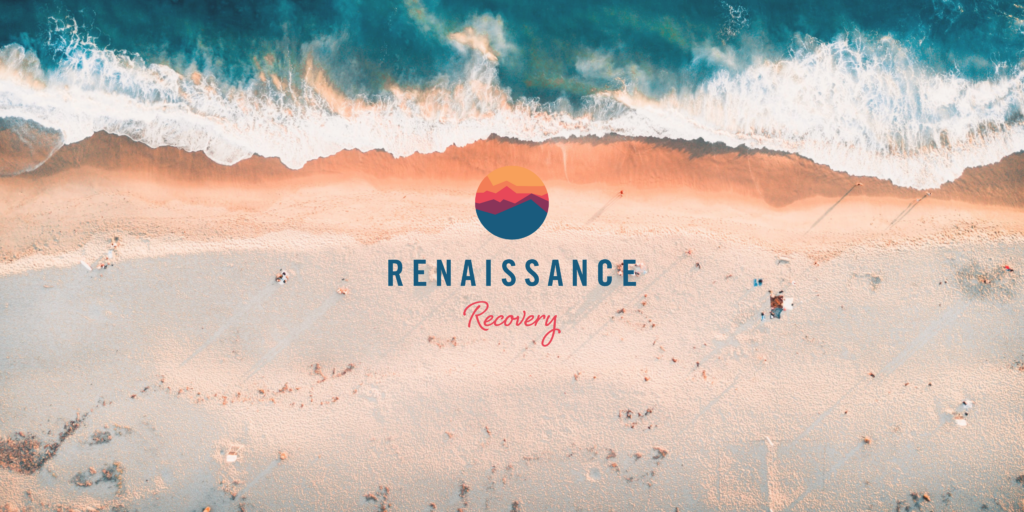You’ve probably heard of dopamine and know that it’s a feel-good chemical in the body, but you may not know it’s functions or how it is so closely connected with addiction.
So what is dopamine?
Need help getting addiction treatment?
Dopamine is a chemical released in the brain that makes us “feel good.” It is directly associated with the pleasure center of the brain and carries feelings of pleasure from our brain throughout our body. This natural occurrence can be hijacked by drugs like opiates that cause an artificially elevated amount of dopamine to be released in the body.
What is the Connection Between Dopamine and Drug Addiction?
So, we know what dopamine is, but what is its relationship with drug addiction?
While any activity that is pleasurable causes us to produce dopamine, illicit drugs cause the dopamine in our systems to surge to an extremely high unnatural level. Cocaine and heroin in particular cause an extremely large surge.
Through prolonged use of these dopamine antagonist drugs (DA), our bodies can easily become dependent on this pleasure high. Many potentially addiction-causing dopamine triggers exist even outside of drugs including sugar, sex, work, shopping, or even a toxic relationship filled with love bombing and withholding. These triggers can cause our bodies to become addicted to the dopamine high that comes with them.

Once dependency occurs, the pleasure center in the brain doesn’t care where it gets dopamine from as long as it’s getting its fix. The most important pathway in the brain pertinent to pleasure is the mesolimbic dopamine pathway.
When we experience a perceived reward, dopamine is activated in the ventral tegmental area of the brain (VTA). From there, the chemical dopamine is then propelled via the mesolimbic pathway to the complex circuits of the amygdala and hippocampus. The activation of the mesolimbic pathway tells us to repeat whatever behavior we just engaged in to produce more dopamine and ultimately feel the reward high.
Dopamine can lower blood pressure and also produce a feeling of euphoria. This makes us believe that we need to repeat this behavior for the desired result. Studies have shown over and over in animals that the release of dopamine can make them act in a desperate and irrational state. Like animals, our actions can become irrational too once dopamine takes over, and so begins the addiction.
On a scientific level, one who engages in habitual behaviors that increase dopamine through any addiction will have a lower level of dopamine expressed in the brain.
As this occurs, the person will experience reduced interest in activities that would naturally produce dopamine. The longer and more intense the addiction, the more heavily wired the neuropathways associated with these habitual rewards will be.
Dopamine in Drug Addiction
As we engage in these behaviors, neuropathways in our brains are carved out. As these pathways are created, we remember that this behavior produces pleasure, and so begins the cycle of addiction.
As one begins to come down from their high, dopamine levels plummet. As levels plummet, our brain tells us we need to replenish. These neuropathways become stronger and stronger as use continues. Even though on a chemical level the cycle at the moment “feels good”, it can be lethal.
Our brains on a most primitive level want to do three things, conserve energy, seek pleasure, and avoid pain. Therefore, dopamine and addiction are extremely related.

Dopamine Addiction
Dopamine is a naturally occurring chemical in our bodies. It is a hormone and neurotransmitter, meaning it carries messages throughout our bodies. Dopamine is known as the “pleasure chemical” and can be released during any pleasurable activity, from playing a board game, sex, or taking a walk, to enjoying a meal.
While dopamine itself is not addictive, you can become addicted to anything that causes your body to produce a large amount of dopamine quickly.
Can You Be Addicted to Dopamine?
So can you be addicted to dopamine?
Dopamine itself is not addictive, however you can very easily become addicted to behaviors that cause surges in dopamine.
While we do make dopamine naturally, there are many outside sources that we can consume or behaviorally engage in that cause our natural levels of dopamine to spike. As we spike our levels to an extreme amount, this is when we are putting ourselves at risk.
This spike in dopamine can very easily cause us to engage even further in addictive behaviors. A great example of this would be consuming sugar. Upon sugar consumption, our dopamine levels surge greatly, not so different from how the body reacts to cocaine or heroin.
We have all probably heard of the “sugar crash” which really is the dopamine levels in the body returning to normal, which produces a “crashing” effect. This in turn causes the body to crave more, resulting in possible addictive behaviors. Any other dopamine-inducing substance or activity has the same potential for addiction if not managed properly.
Can Your Brain Heal from Excessive Dopamine from Drugs?
While years of addiction do have an effect on the brain, our brains are resilient. The answer is yes! Neuroplasticity allows us to recover from the highs and lows that one incurs through the highs and lows of dopamine levels.
Of course, the longer that drugs are used, and the higher the amount, the more damage the person will incur. Age also plays a role in this.
However, through management and abstinence, recovery is possible for those who have experienced physical and chemical changes as a result of dopamine antagonist drugs. As long as a person can maintain a sober lifestyle, their brain and body is able to heal from the damage done.
Many individuals who are addicted to dopamine-inducing drugs like opiates can get the help they need to achieve and maintain their sobriety at recovery centers that specialize in treatment for drug and alcohol addiction.

Overcome Addiction at Renaissance Recovery
Addiction to drugs or alcohol can be a difficult battle, however you don’t have to go on the journey to recovery alone.
At Renaissance Recovery, we know that having a support system is one of the biggest ways that people succeed in beating addiction. Our California rehab centers offer expert, individualized care to help you or a loved one get the help you need to start living your life free from substance abuse.
Choose the level of treatment intensity you need from the following outpatient treatment programs for Klonopin and alcohol addiction:
- PHPs (partial hospitalization program)
- IOPs (intensive outpatient program)
- Dual diagnosis treatment programs (for co-occurring disorders)
All treatment programs at Renaissance combine holistic and evidence-based treatments that include:
- Psychotherapy
- MAT (medication-assisted treatment)
- Group therapy
- Individual counseling
- Family therapy
- Experiential adventure therapy
- Aftercare
At Renaissance Recovery, we are here to support you on your journey. We have you covered on all levels of your journey to a drug-free life. Reach out to us today at 866.330.9449 and let us help you define a new future!



